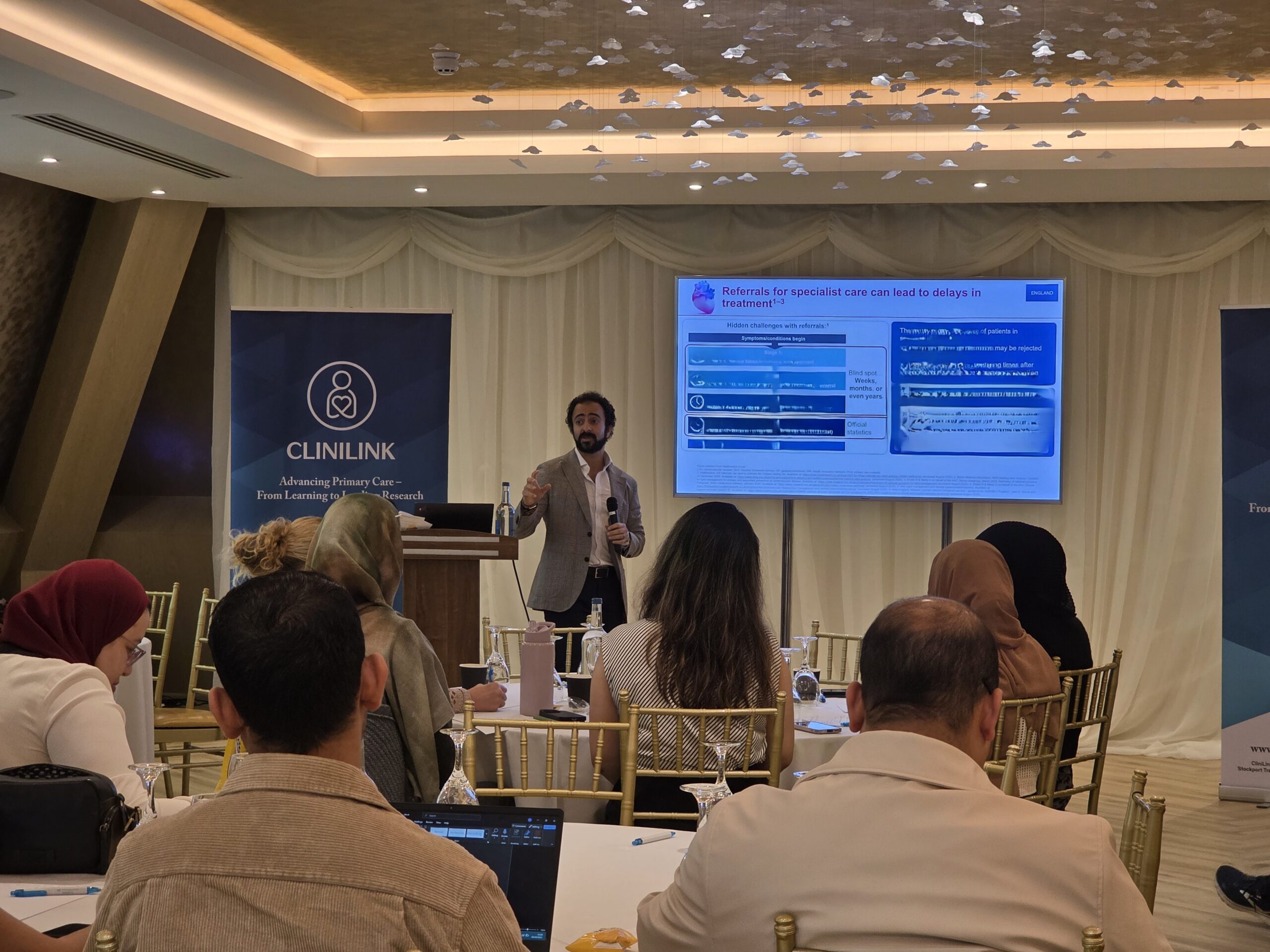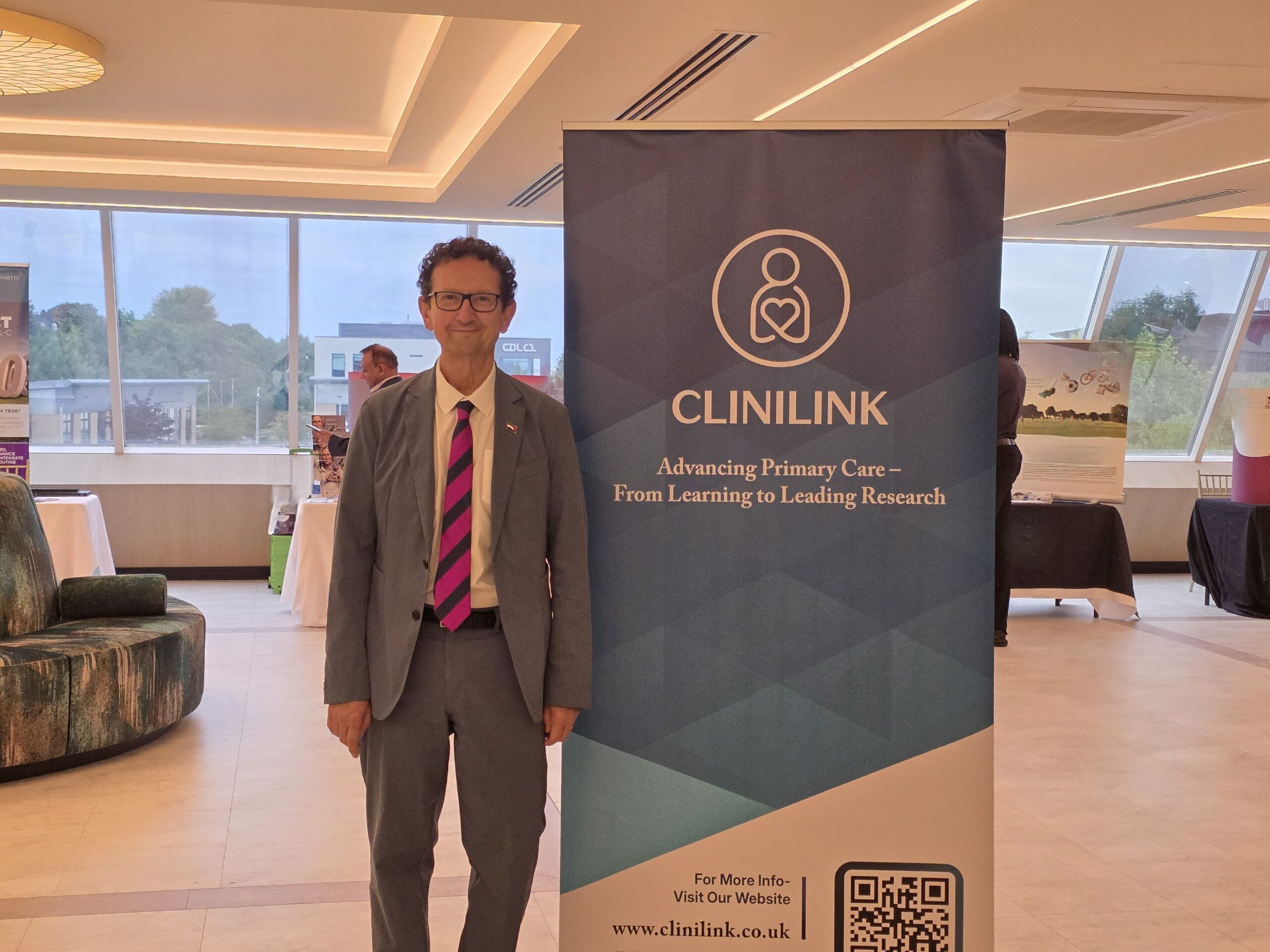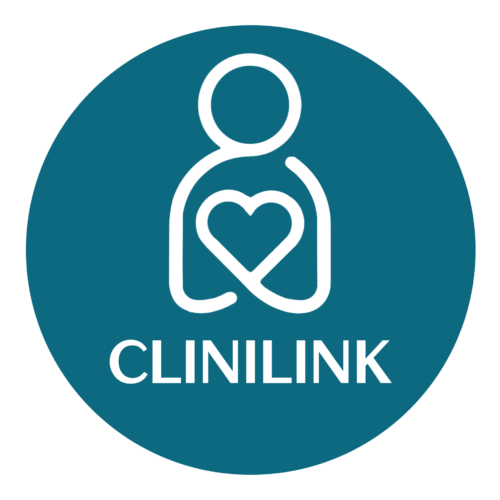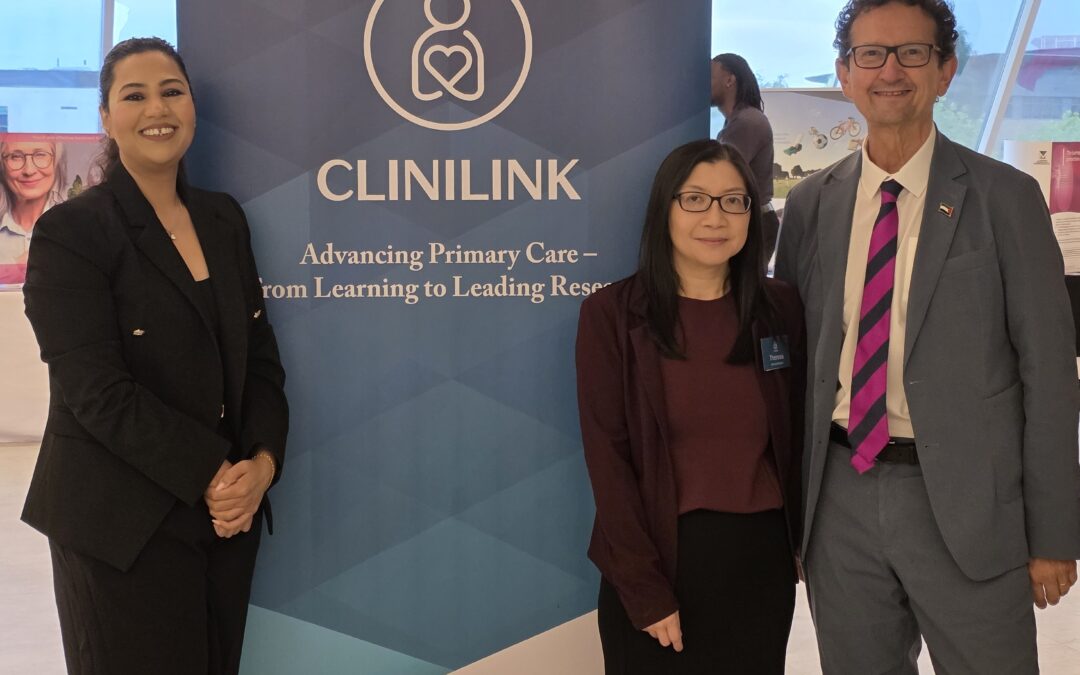Imagine transforming your approach to CVD management with insights from two leading experts. At our 6th September event, Dr Aseem Mishra and Prof Ahmet Fuat delved into hypertension, chronic kidney disease, heart failure, and lipid management. The day wasn’t just about learning; it was an opportunity for primary care professionals to network over delicious food in a stunning venue. Ready to uncover the highlights and elevate your practice? Let’s explore what made this gathering a must-attend for healthcare professionals.

Our event provided a wealth of knowledge on cardiovascular disease (CVD) management, offering primary care professionals valuable insights to enhance their practice. Let’s explore the key takeaways from our expert speakers.
Expert Perspectives on Hypertension
Dr Aseem Mishra shared cutting-edge strategies for managing hypertension in primary care settings. He emphasised the importance of early detection and intervention to prevent long-term complications.
Mishra highlighted the need for personalised treatment plans, considering factors such as age, comorbidities, and lifestyle. He stressed that a one-size-fits-all approach is often ineffective in hypertension management.
The discussion also covered the latest guidelines for blood pressure targets, which have been updated based on recent research findings. Attendees were encouraged to stay informed about these changes to provide the best care for their patients.
Dr Mishra’s presentation included case studies demonstrating successful hypertension management in diverse patient populations, providing practical examples for attendees to apply in their own practices.
Chronic Kidney Disease in Focus
Prof Ahmet Fuat delved into the complexities of chronic kidney disease (CKD) and its relationship with cardiovascular health. He emphasised the importance of early detection and management of CKD to prevent cardiovascular complications.
Fuat discussed the role of regular kidney function tests in identifying CKD risk factors. He stressed that even mild kidney dysfunction can significantly increase the risk of cardiovascular events.
The presentation covered strategies for managing CKD in primary care, including medication adjustments, lifestyle modifications, and timely referrals to specialists. Fuat highlighted the importance of a multidisciplinary approach to CKD management.
Attendees were provided with resources to help them implement these strategies in their practices, including guidelines for monitoring kidney function and managing associated cardiovascular risks.
Addressing Heart Failure
The session on heart failure management provided crucial insights for primary care professionals. The speakers emphasised the importance of early diagnosis and intervention to improve patient outcomes.
Key points included:
-
Recognising subtle signs of heart failure in primary care settings
-
Implementing evidence-based treatment protocols
-
Coordinating care with specialists for complex cases
-
Educating patients about self-management strategies
The discussion also covered recent advancements in heart failure therapies and their implications for primary care practice. Attendees were encouraged to stay updated on these developments to provide optimal care for their patients.
Lipid Management Strategies

Effective lipid management is crucial in reducing cardiovascular risk. Our experts shared the latest approaches and best practices for primary care settings.
Effective Lipid Control
The session on lipid control focused on evidence-based strategies for managing cholesterol levels in primary care patients. Speakers discussed the importance of regular lipid profile assessments and personalised treatment plans.
Key points included:
-
Interpreting lipid profile results accurately
-
Setting appropriate treatment goals based on individual risk factors
-
Selecting the most suitable lipid-lowering medications
-
Monitoring treatment efficacy and adjusting as needed
The presenters also addressed common challenges in lipid management, such as statin intolerance and treatment adherence issues. They provided practical solutions and alternative approaches for these scenarios.
Attendees were introduced to new research on emerging lipid-lowering therapies, offering insights into potential future treatment options.
Collaborative Approaches in Primary Care
This session highlighted the importance of teamwork in managing lipid levels effectively. Speakers discussed strategies for creating a collaborative environment within primary care practices.
Key aspects of collaboration included:
- Clear communication between healthcare providers
- Defined roles and responsibilities for team members
- Regular case discussions and knowledge sharing
- Utilising support staff for patient education and follow-up
The presenters shared case studies demonstrating successful collaborative approaches in lipid management. These real-world examples provided attendees with practical ideas to implement in their own practices.
Attendees were encouraged to explore resources for improving collaboration in primary care settings, including team-based care models and communication tools.
Networking and Professional Growth

Our event provided ample opportunities for attendees to connect with peers and expand their professional networks, fostering collaboration and knowledge sharing in the healthcare community.
Building Connections at Healthcare Events
The networking sessions at our event were designed to facilitate meaningful connections among healthcare professionals. Attendees had the chance to engage with peers, share experiences, and discuss common challenges in CVD management.
Key networking opportunities included:
-
Structured icebreaker activities
-
Topic-specific discussion groups
-
Informal breaks and meals
-
Post-presentation Q&A sessions
These interactions allowed attendees to build valuable relationships with colleagues from diverse backgrounds, fostering a sense of community within the primary care field.
Participants were encouraged to follow up on these connections after the event, using professional networking platforms and future gatherings to maintain and strengthen these relationships.
Empowering Primary Care Teams through Education
The event emphasised the importance of continuous learning and professional development for primary care teams. Speakers discussed strategies for creating a culture of learning within healthcare practices.
Key points included:
-
Encouraging regular attendance at educational events
-
Implementing in-house training programmes
-
Utilising online learning resources
-
Promoting knowledge sharing among team members
Attendees were provided with information on upcoming educational opportunities and resources to support their ongoing professional development.
The session also covered the benefits of empowering all team members through education, including improved patient outcomes and increased job satisfaction. Practical tips for implementing these strategies in primary care settings were shared, along with success stories from practices that have prioritised team education.
“Continuous learning is not just about acquiring new knowledge; it’s about creating a culture of curiosity and improvement within our healthcare teams,” noted one of the speakers, emphasising the long-term benefits of investing in education.”

